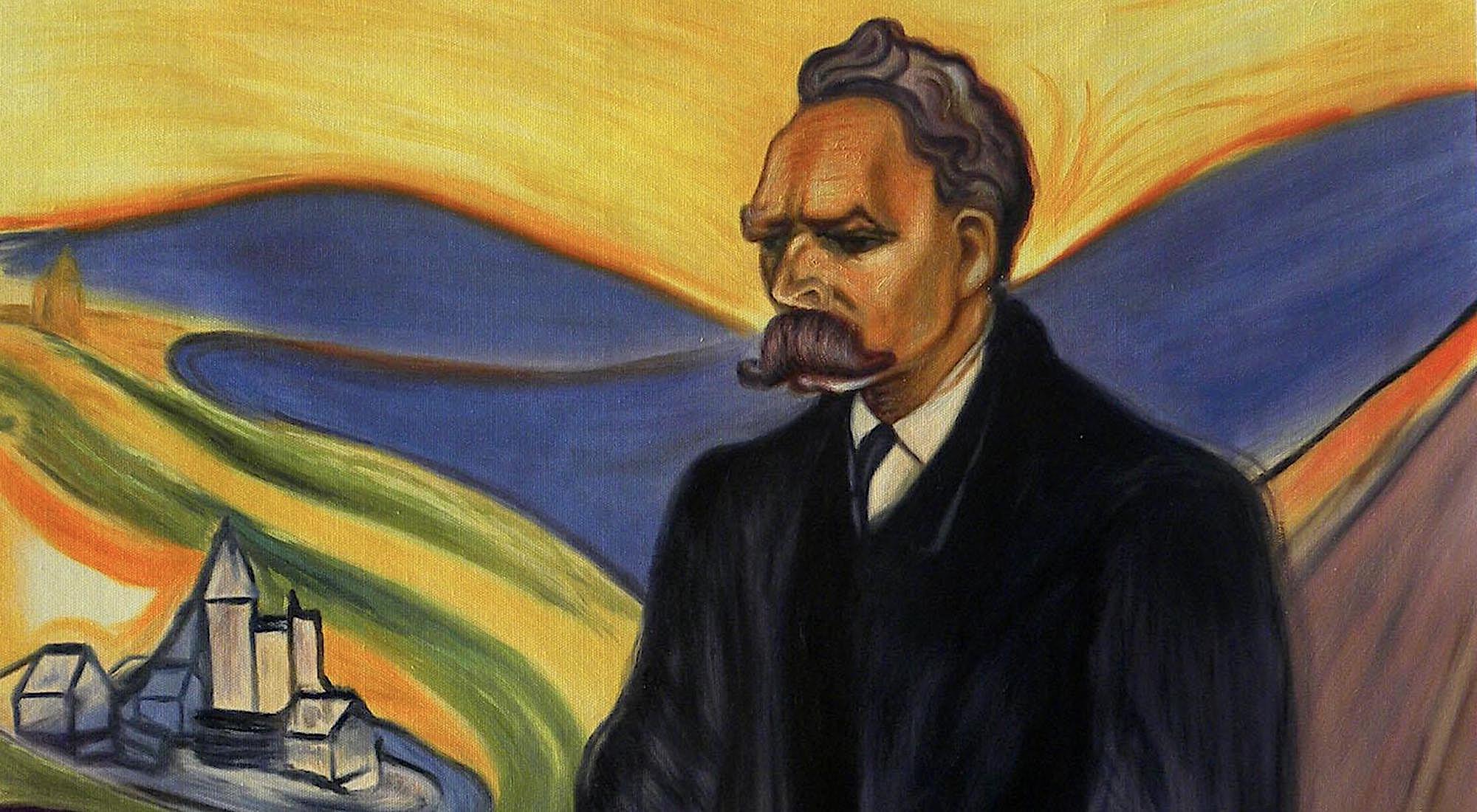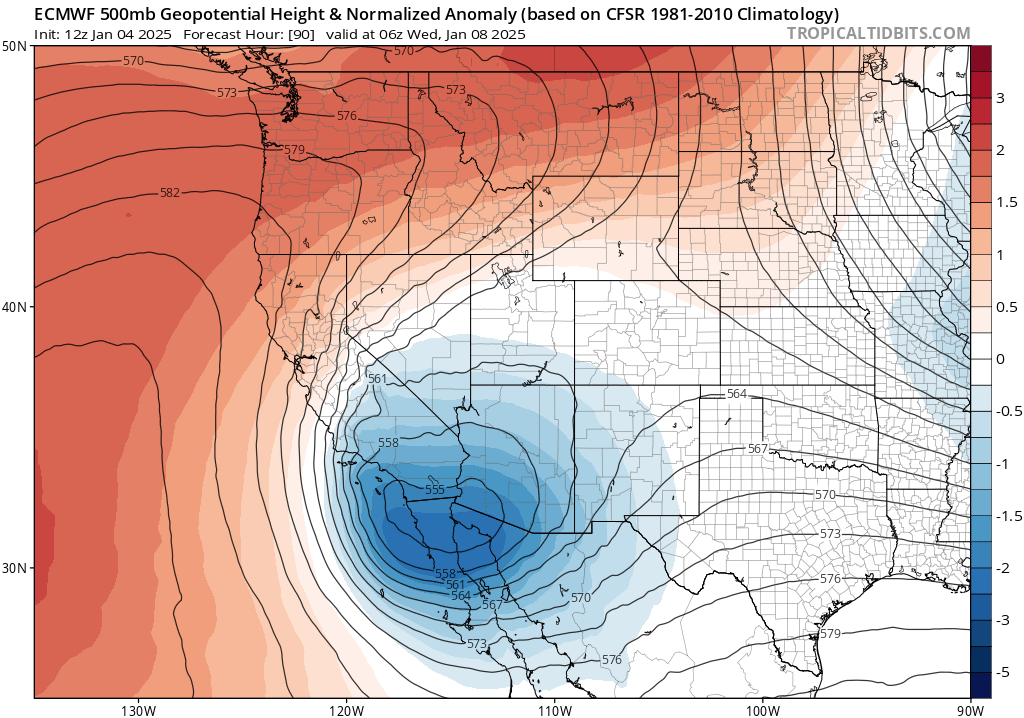Perfectionism and Anxiety: A Paradox in Intellectual Giftedness? | PLOS ONE
Discover a faster, simpler path to publishing in a high-quality journal. PLOS ONE promises fair, rigorous peer review, broad scope, and wide readership – a perfect fit for your research every time.
Affiliations Centre National d’Aide pour enfant et adolescent à Haut Potentiel, Centre Hospitalier Guillaume Régnier, Rennes, France, Laboratoire Adaptation Travail Individu, Université Paris Descartes, Paris, France
Numerous authors reported a prevalence of perfectionism in gifted populations. In addition, an unhealthy form of perfectionism that leads to anxiety disorder has been described. Using self-report measures (CAPS and R-CMAS) with 132 children, we hypothesized that intellectually gifted children express a higher level of perfectionism and anxiety. Our results pointed out a paradox: the gifted group obtained a higher self-oriented perfectionism score than the control group in 6th grade, but present the same level of anxiety. In contrast, the gifted group showed the same level of perfectionism than non-gifted 5th graders, but reported a higher anxiety level. Thus, the interplay between perfectionism and anxiety appears to be more complex than a simple linear relationship in giftedness.
Citation: Guignard J-H, Jacquet A-Y, Lubart TI (2012) Perfectionism and Anxiety: A Paradox in Intellectual Giftedness? PLoS ONE 7(7): e41043. https://doi.org/10.1371/journal.pone.0041043















